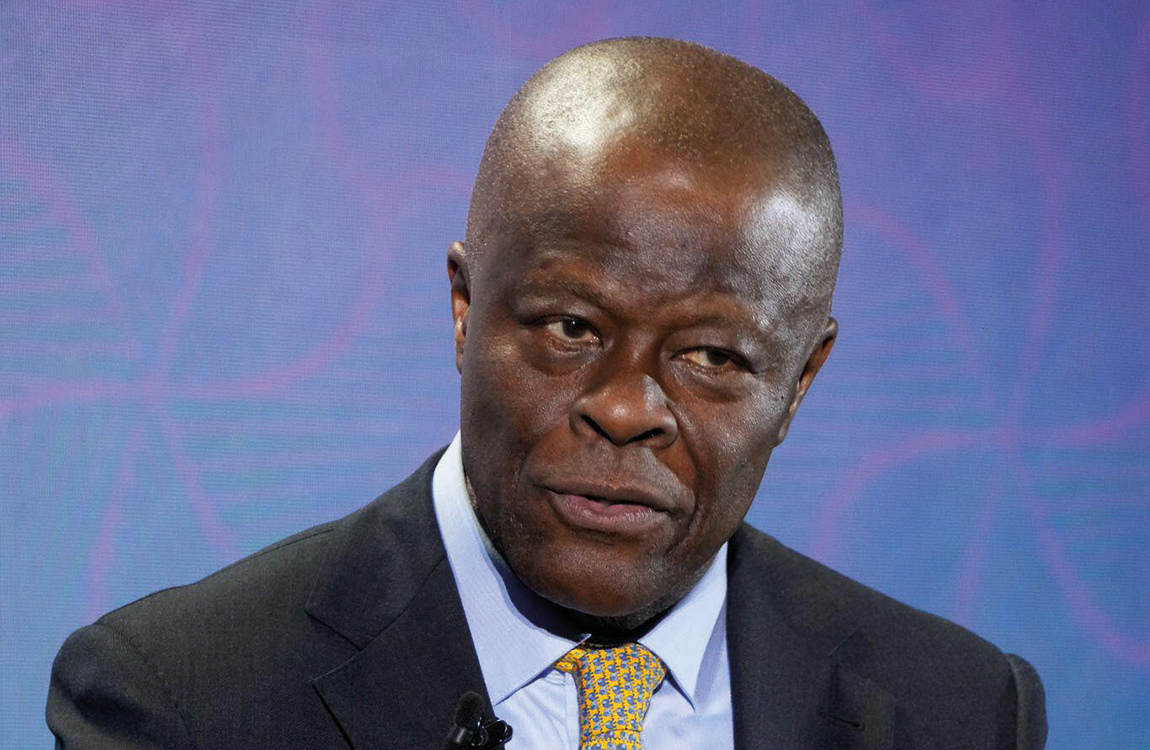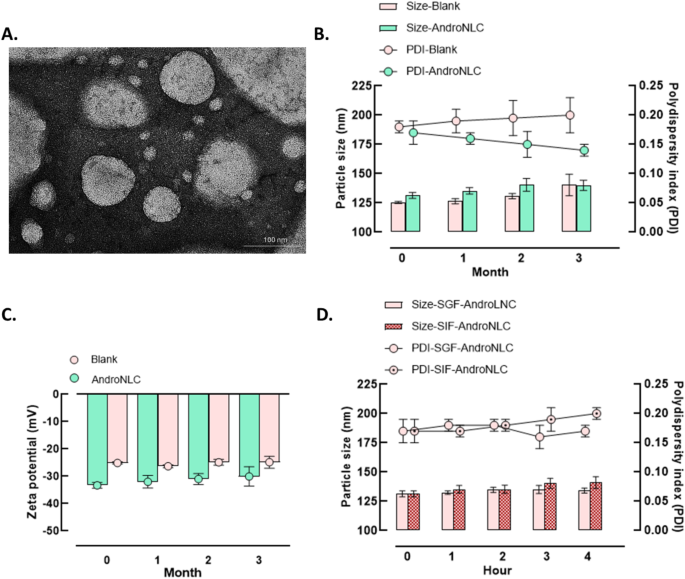23 South Africans rescued abroad after being trafficked on false job offers
Twenty-three South Africans who accepted call centre and hospitality jobs in Thailand but were trafficked to Myanmar and forced to scam people online while living under “slave-like” conditions returned home on Thursday.
According to international relations and co-operation department (Dirco) spokesperson Clayson Monyela, the group were rescued during a raid at the premises of their forced labour by Myanmar authorities. Monyela said 7,000 people from different countries were rescued.
The South Africans left at different times “for job opportunities” but it was understood three had been there for three years.
Monyela urged young unemployed South Africans to check with Dirco before accepting job offers overseas, saying many human trafficking syndicates operating worldwide targeted desperate jobseekers.
People need to be careful when accepting jobs online, especially if the offers are too good to be true, because they could end up being victims of human trafficking syndicates, he said.
“Some [South Africans] are still stuck in other countries, living under slave-like conditions while others are forced into sex work. People get trafficked and many may not get back.”
According to Monyela, the information received from the 23 rescued South Africans was they received job offers to work in Thailand, a major tourist destination in Southeast Asia, which is seen as safe.
Most of the jobs were for call centre agents and restaurant waiters. The “recruiters” bought them air tickets to Thailand and promised a stipend before they would get their first salaries, saying they understood they don't have money.
“The offer looked good and we say if it looks too good to be true it normally is.”
The victims flew to Thailand and upon landing in Bangkok were “collected by a syndicate, but nothing looks suspicious”.
Monyela said the victims were taken on a 14-hour drive from Bangkok and as they were not familiar with the terrain they were not aware they were crossing the border.
“They only realised later they were in another country. Their passports were confiscated and they were made to live under slave-like conditions, being forced into illegal activities of scamming people and only getting toilet breaks.
“The scams took various shapes and forms, they were doing all sorts of things to scam people of their money.
“The syndicate confiscated their passports so you never leave. You are scared of escaping because you will be there illegally as they have confiscated your passport.”
Asked how the victims could have been taken across the border without officials noticing, Monyela said: “This is a syndicate that has been running for many years. They could have bribed customs officials.”
After the victims were rescued, Monyela said they had to rope in the department of home affairs and organise temporary travel documents for the group.
The government paid for their flights home and Ethiopian Airways gave them a discount.
While these victims were lucky to be rescued and brought home safely, Monyela said many others were stuck in other countries under terrible conditions and also working as sex slaves after promises of jobs.
“We warn young people that a lot of human trafficking syndicates are targeting young, unemployed South Africans online. Contact Dirco if you get offers overseas and we will check if it's legit or a scam.”













